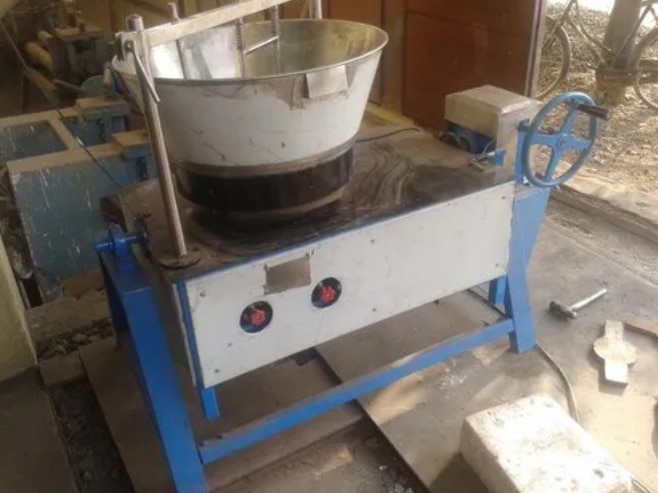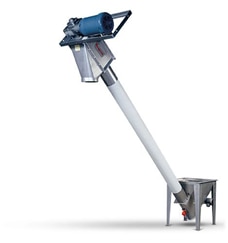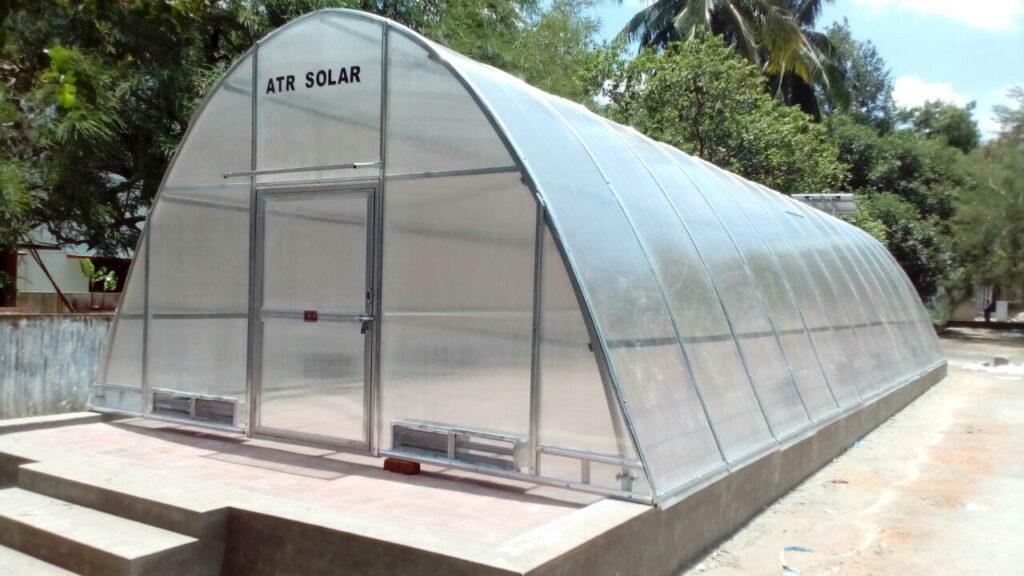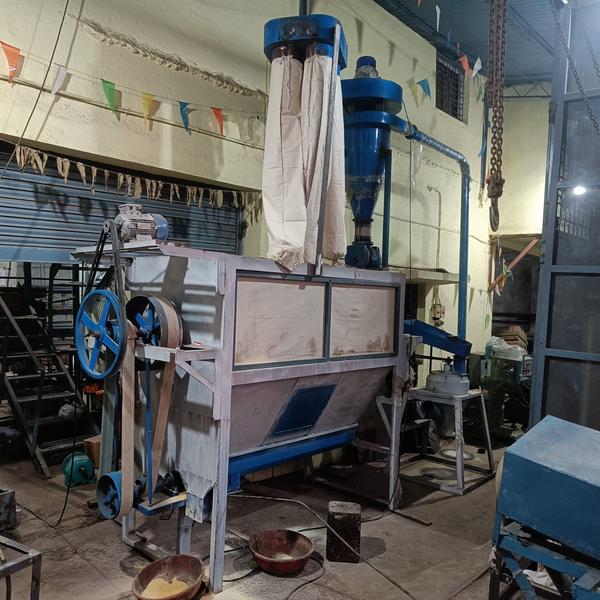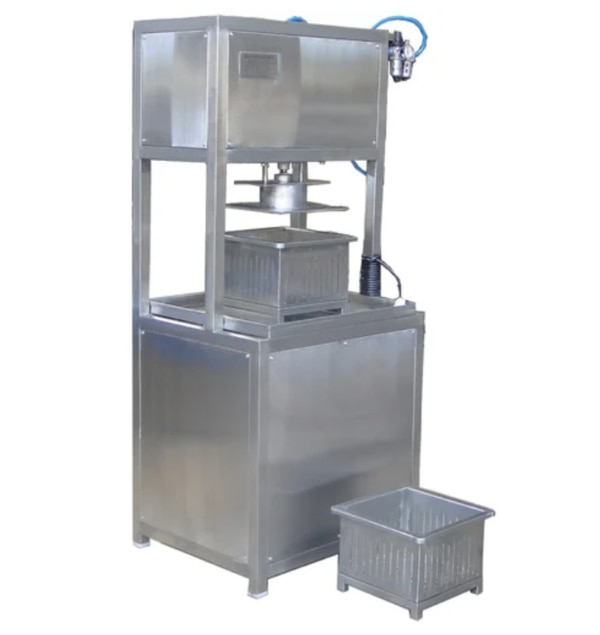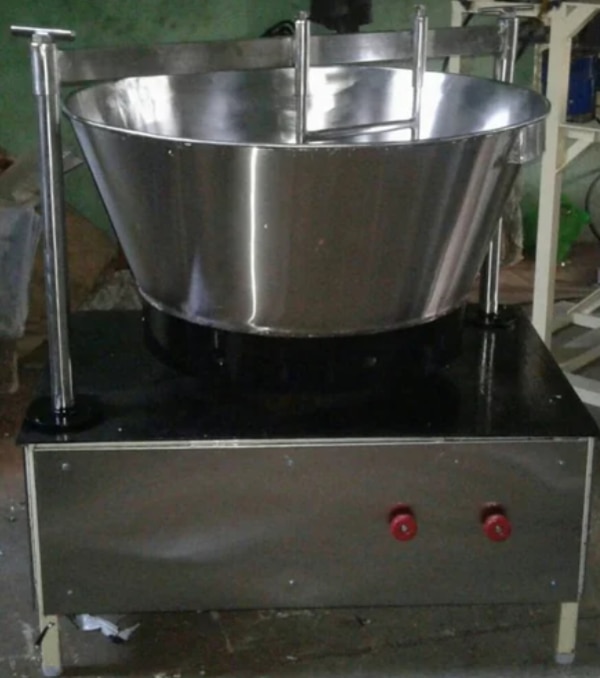Besan Plant Machinery
A Besan Plant is a facility used for processing gram (chickpeas) into besan (gram flour). It involves cleaning, grinding, and packaging processes to produce fine-quality besan, which is widely used in cooking and food industries.
Key Components of a Besan Plant
Cleaning Section
Removes dust, stones, and impurities from raw chickpeas.
Uses destoners, sieves, and magnetic separators.
Grinding Section
Chickpeas are ground into fine flour using hammer mills or roller mills.
Air classifiers help achieve the desired fineness.
Sieving & Grading
Ensures uniform particle size using vibro sifters.
Storage & Packaging
Besan is packed in different sizes (500g, 1kg, 5kg, etc.).
Automatic packing machines improve efficiency.
Machinery Used
Pulses Cleaning Machine
Hammer Mill or Pulverizer
Vibro Separator
Air Lock System
Dust Collector
Automatic Packing Machine
Business Potential
Market Demand: Besan is widely used in Indian households, food industries, and sweet-making units.
Profitability: The business has high demand and good profit margins, especially in regions with a high consumption of gram flour.
Investment: Small-scale plants can start with ₹10-20 lakh, while large-scale units require ₹50 lakh+.
Would you like guidance on setting up a Besan Plant, including cost estimation and business plan details? ��
Send Message

